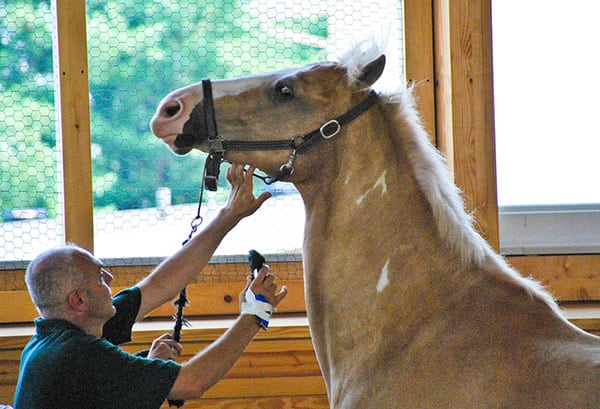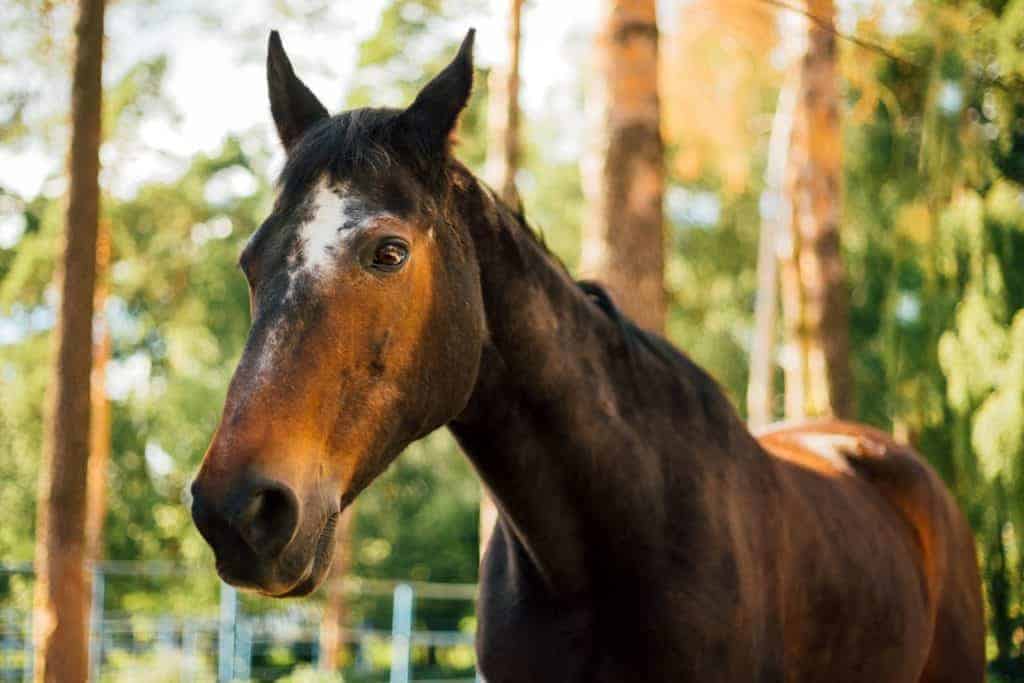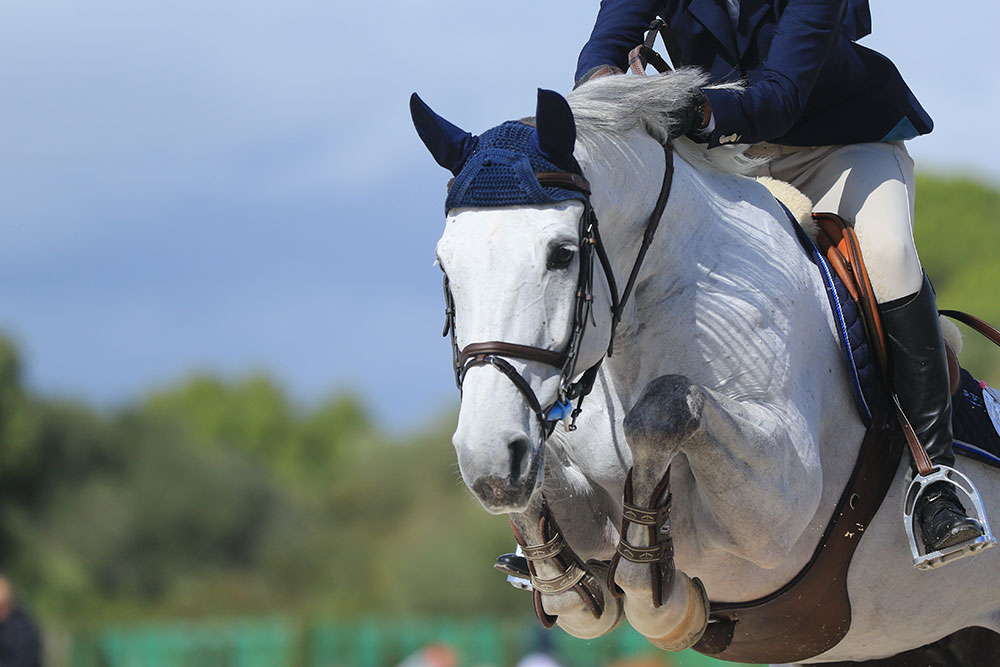
Complementary Therapies for Horses
Learn about 5 reasons to use complementary therapies such as acupuncture and chiropractic for your horse and the research behind them.
How to care for the basic health needs of horses

Learn about 5 reasons to use complementary therapies such as acupuncture and chiropractic for your horse and the research behind them.

Determine why a horse is head shy, and then use learning theory principles to reverse the behavior.

Learn how ultrasound tissue characterization can help veterinarians guide horses’ return from injury.

Learn to read the vast and varied signs of equine gastric ulcer syndrome.

Learn why horses get kicked, how to treat kick injuries, and tips on preventing them in this article from the Summer 2024 issue of The Horse.

From reinforcing behaviors to reading facial expressions, adopting welfare-friendly handling practices can improve equine well-being and human safety.

Researchers reviewed literature about an anatomical variation of the equine cervical spine called TC67 that occurs most often in Warmbloods.

Does your horse struggle with gastric ulcers? Learn how to identify this painful condition and how veterinarians might diagnose and treat it. Sponsored by SmartPak.

What are the most common neck issues in horses and how are research and technological advancements helping veterinarians diagnose them?

Researchers believe adding alfalfa pellets to your horse’s diet might help manage and prevent ulcers in the lower region of the stomach.

An owner seeks advice on managing a senior horse with PPID (formerly Equine Cushing’s) disease during a heat wave.

Biosecurity measures remain a critical component to combating ‘strep throat for horses.’ Learn more in this article from The Horse‘s Spring 2024 issue.

Learn about 4 common injuries veterinarians see in these athletes, how they diagnose them, and what treatments and rehabilitation methods they use.

A detailed guide on whether hoof boots are suitable for your horse, covering reasons for use, selection, fitting, maintenance, and potential issues.

Sand accumulation in the horse’s gut can lead to obstructions, irritation, and signs of colic, weight loss, and diarrhea.

Addressing your high-energy horse’s behavior using diet might involve some trial and error. Learn what you should consider before adjusting his feeding program.
Stay on top of the most recent Horse Health news with
"*" indicates required fields